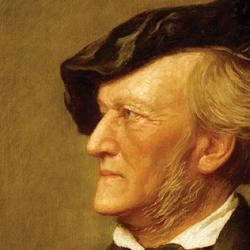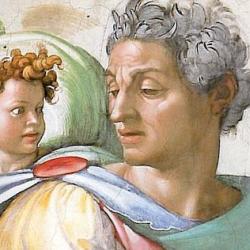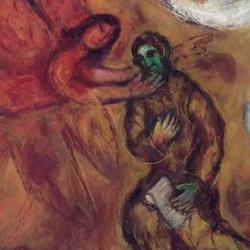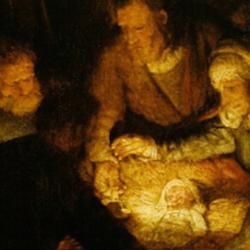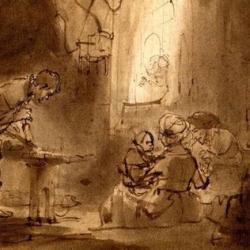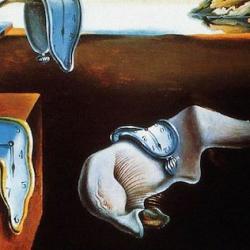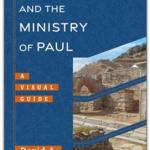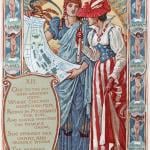Considering the roots of contemporary “new nationalism,” David Goldman contrasts the biblical roots of Anglo-American nationalism with the mythical roots of German nationalism. He suggests that Christianity faces a “conundrum,” since, unlike Judaism, its spiritual and ethnic origins are not identical: Christianity “sees its spiritual origin at Golgotha but its ethnic origin in the impenetrable mists of the distant past. To be a whole person, the Christian must find a way to reconcile these two demarcations of memory.” As Goldman... Read more

